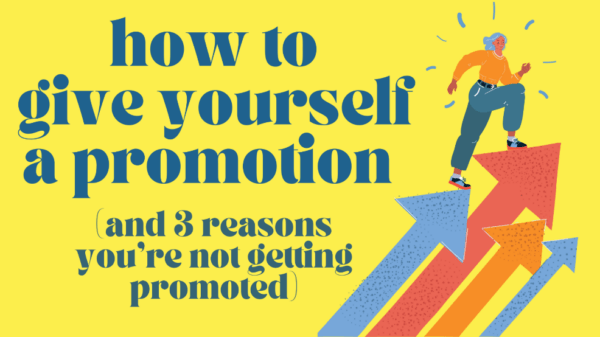
One Thing You Must Do In Your Career: Be A Mentor
One thing you must do in your career: Be a mentor
Almost everyone has had a mentor at some point in their life, whether it was a colleague at work or your high school sports coach. That person likely made a profound impact on your path and made you improve yourself for the better. You could probably make a list of all the insight you’ve gained from your mentor, and if you haven’t had the chance to do the same for someone else in your career, it’s an opportunity to not pass up.
We all know the benefits mentees get from mentorship – guidance, feedback, and loads of valuable knowledge to do and not to do in their career – but what do mentors receive in return?
Here are three benefits of being a mentor to an upcoming professional:
Adds meaning to your career:
Being the guiding light for a younger worker can add meaning and satisfaction in your workplace. Younger workers will reach those leadership roles eventually and doing so will take years of experience. To aid them in the process you can be the driver of their success. Pure and simple helping others feels good, and being a mentor means you’ll get to help many people achieve their career goals, even if it’s years down the road.
Refreshes your industry knowledge:
Being a mentor, you’ll be encouraged to become a living, breathing reference for all things in your field – advice, best practices, how to’s, and tidbits of knowledge you picked up along the way. It’s a great and indirect way to improve what you already know while learning something new. The more you know, the easier it will be to communicate it to your mentee(s). Plus, being with your mentee can open you up to new and fresh perspectives and trends to follow, which only adds more to your expertise and helps you not become complacent in your career.
Creates a ‘Pay it forward’ cycle:
For every person that has a mentor, they become more likely to become a mentor themselves. They know firsthand as a mentee how much they benefited and want to do the same for someone else if they can. It creates a cycle of a mentee wanting to pay it forward to young professionals that were once in their shoes. It’s a great feeling knowing that you could potentially create a practice to be carried out by each generation that allows for better understanding and interaction between the senior and entry-level professionals.
It’s never too late to become a mentor. Additionally, your workplace doesn’t have to have a mentorship program in place to make it happen. If you’ve worked with entry-level workers or interns occasionally, take the initiative to build a relationship. Ask if they could use some help with any of their tasks or invite them to lunch with you to find out more about their career goals and see where you can guide them. Empower them to grow in their career. Mentorship doesn’t have to be managing your mentee 24/7, but just filling in the gaps when you can to make it easier for them. They often say you should try everything once, and being a mentor is no exception. It’s a rewarding experience for both involved.
By: Sudy Bharadway













































